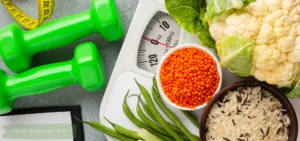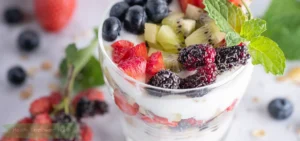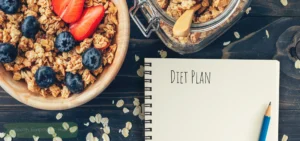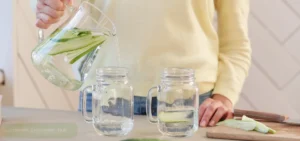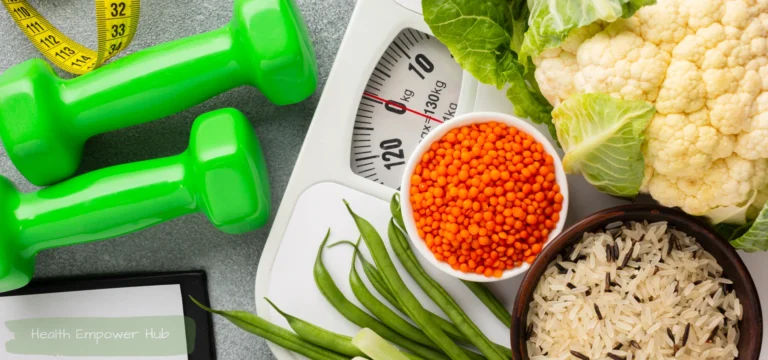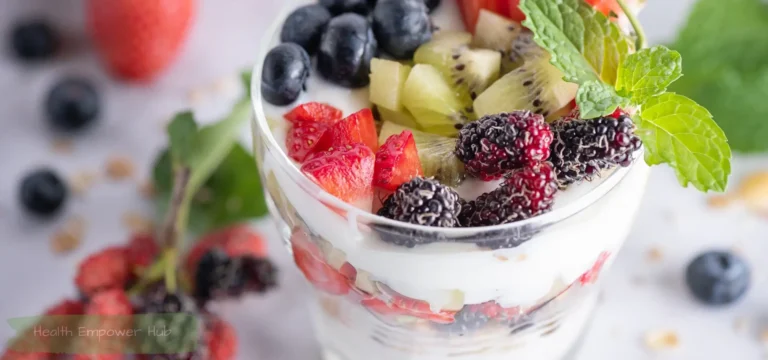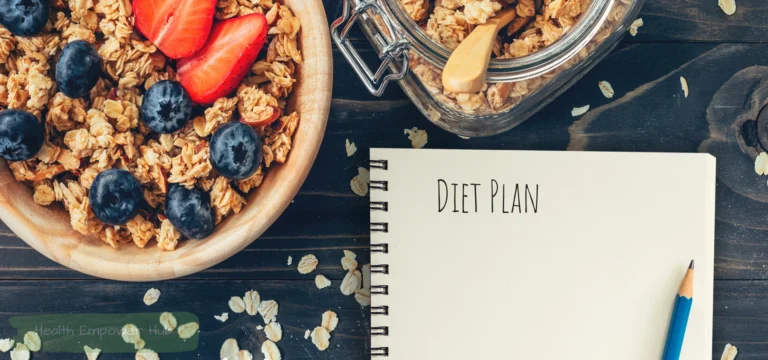Do you eat food in your daily routine that contains potassium? No? Basically, potassium is an essential mineral, as the body needs it to maintain normal blood pressure and the proper rolling of its nerves and muscles. It is estimated that most people do not get the required potassium in their diets. Less than 0.015% of American citizen meet their daily potassium needs. Because your body can not produce potassium on its own, you should get foods high in potassium to fulfil your daily needs.
Scroll down this blog post to read further about why potassium is essential how much potassium you should consume daily as well as the healthiest potassium-rich foods.
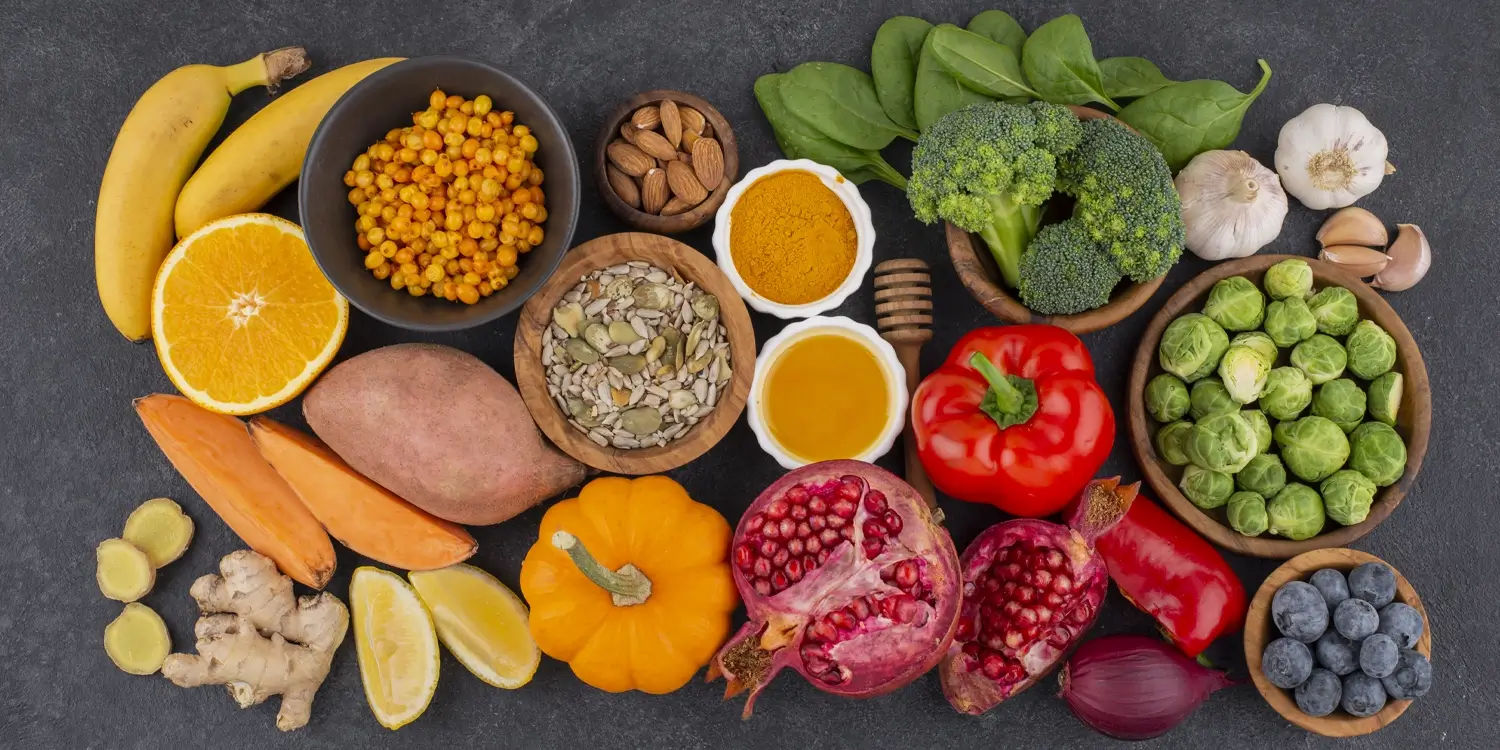
Why Is Potassium Significant?
Potassium is another mineral that works together with others to hold charges in the body hence it is an electrolyte. This electric charge is necessary for several key functions, including:
- Heart Health: Potassium helps the heartbeat by ensuring the muscles behind the beating are in the right place. Consuming nutrition of potassium in one’s diet can help lower high blood pressure, heart disease, and strokes.
- Muscle Role: Different minerals are essential in the human body; potassium is one of the greatest factors in regulating muscular contraction. Encounter muscle cramps or weakness if your body has little potassium.
- Nerve Role: Potassium is vital in nerve impulse transmission in the nervous system. This nutrition is important for checking the muscles and also automatic arcs.
- Fluid Balance: Sodium also helps potassium regulate fluid in the body. This helps remove as many fluids as possible from the body extremely one does not feel puffed up.
- Bone Health: So, it is a fact that eating foods high in potassium can assist you in developing bones and minimize the chances of osteoporosis.
How Much Potassium Do You Need?
Studies have suggested that one should take different amounts of potassium daily, which varies with age, sex, and even physical activity. For adults, the amount is set at 2500 to 3500 milligrams each day, and for children, especially learning ones, it depends on the amount of physical activity, among other factors. Sweat reduces potassium levels hence athletes and people with active lifestyles may need more potassium to replace what is lost. However, it is sad that the majority of people do not consume enough nutrition daily. This may be attributed to unhealthy diets, the use of certain medications, or other medical conditions. Less potassium in the body causes hypokalemia, which results in fatigue, muscle weakness, irregular heartbeat, and many other severe health problems.
Evergreen Foods High in Potassium
Here is a list of the tasty and healthy potassium foods that will make the process of taking potassium supplements more pleasant: Below are some of the best options to consider:
1. Bananas
Most people like bananas from all rich potassium foods and there are many reasons for that. The average potato contains about 400 mg of potassium in a medium-sized banana therefore, it’s pleasant to have potassium. Bananas are rich in vitamin B6, vitamin C, and fibre which are crucial in the process of the metabolism of food. It is also easy to consume whole bananas, peeled and cut in various ways, as a cereal topping, or blended in a small bowl with other edible ingredients for a perfect breakfast drink.
2. Sweet Potatoes
In nutrition, you can replace white potatoes with sweet potatoes. They are an incredibly nourishing way to augment your potassium consumption. A one-cup (328-gram) serving of mashed sweet potatoes is based on 16% of the Daily Value (DV). Sweet potatoes are extremely healthy and high in fibre. They can be fried, baked, boiled, or eaten. Sweet potatoes are often orange in color, but they can also occasionally be red, pink, or yellow.
3. Oranges
When it comes to nutrition all are well aware that oranges are rich in vitamin C but they also contain potassium. The recommended daily allowance of potassium is 4700 gm, while one medium orange yields approximately 237 mg. It is also essential to note that drinking a glass of orange juice can help you intake potassium in a day. Oranges are also good to be eaten raw, and they could be served raw in salads or when cooking, adding flavor.
4. White Beans
White beans like cannellini beans are a great source of nutrition among plant-based proteins. Cooked white beans have 1,189 milligrams of potassium per cup. They also contain a considerable amount of protein, fibre, and iron. You can incorporate these beans into soups, stews, and salads, old arsenic, or as the base for dips.
5. Avocados
Avocados also contain proper fats and potassium. A pack provides 975 mg of potassium, while a single medium avocado has 975mg. They are easy to prepare depending on one preference and can be eaten on salads, toast sandwiches, or mashed to form guacamole. They also have fibre, vitamins C, E, and K, and B-group vitamins.
6. Salmon
Besides omega-3 fatty acids essential to human health, the meal also contains potassium. The potassium 3-ounce piece of salmon is 534 magnesium. Add salmon to your diet on a daily basis if you want to lower inflammation in your body and enhance the health of your heart and brain.
7. Spinach
Most people don’t know that spinach has a maximum nutritional value. Just 190 grams, or 1 cup, of frozen spinach provides 12% of the daily need for potassium. Likewise, around 3 cups (90 grams) of uncooked spinach provides about 11% of the Daily Value. It’s also filled with extra nutrients. The same serving of frozen spinach contains 127% of the Daily Value (DV) for vitamin A, 857% for vitamin K, 58% for folate, and 37% for magnesium.
Tips for Increasing Potassium Intake
- Incorporate Potassium-Rich Foods: Increased consumption of foods high in potassium should be a goal for the daily diet. Try breakfast options high in potassium, such as a smoothie made with bananas and spinach and a dab of yogurt.
- Choose Whole Foods: Don’t forget to take a proper amount of natural food because it is better to intake fresh fruits, nuts, seeds, green veggies, and legumes.
- Read Labels: Read descriptions of other processed foods to notice the potassium levels in those products. Kilovolt can be added to some fortified foods.
- Balance with Sodium: foods high in potassium prevent the harm of high sodium on blood pressure. Restrict sodium intake and eat foods that are rich in potassium.
- Stay Hydrated: This is very important since water and electrolytes have a complementary relationship; hence, maintaining proper balance entails taking enough water. You should take high-potassium foods with meals or drink a lot of water to dispel this notion, with the theory being that the water will dilute high potassium levels in the body.

